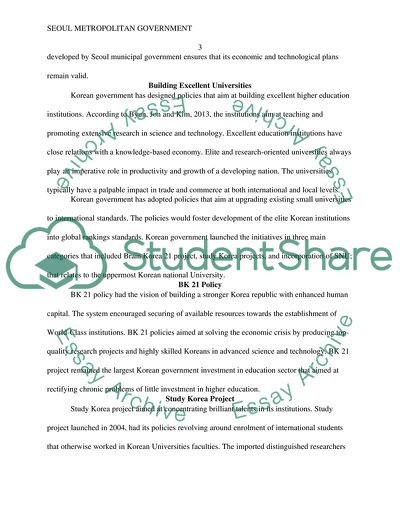Not Found (#404) - StudentShare. https://studentshare.org/macro-microeconomics/1840028-literature-review-seoul-south-korea-growth-of-economic-development
Not Found (#404) - StudentShare. https://studentshare.org/macro-microeconomics/1840028-literature-review-seoul-south-korea-growth-of-economic-development.


